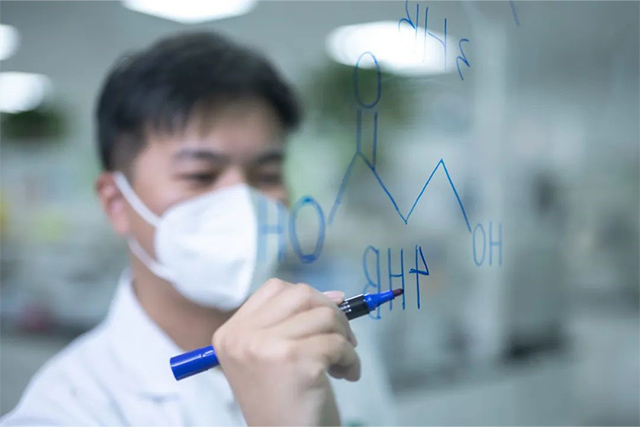Plastic pollution has escalated into a global crisis, with annual production exceeding 400 million tons—equivalent to the weight of 4,000 Eiffel Towers. Nearly half of this is single-use plastic, which resists natural degradation, wreaking havoc on ecosystems. Amid mounting environmental concerns, Polyhydroxyalkanoates (PHA), a biodegradable material, is emerging as a potential breakthrough solution.
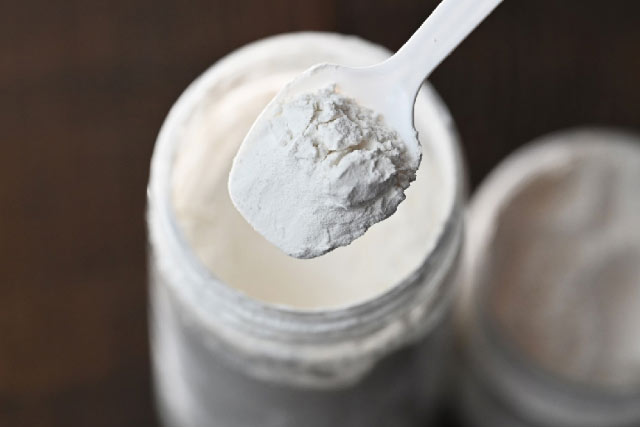
PHA Emerges as a Star in Sustainable Plastics
PHA is a bio-based polymer produced by microorganisms in nutrient-rich environments. It not only degrades naturally but also mimics the physical properties of traditional plastics, positioning it as a promising eco-friendly substitute.
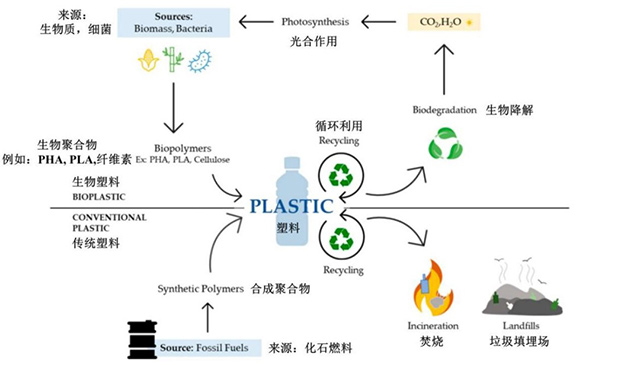
Degradation of conventional plastics vs. bioplastics
The PHA Breakdown from Degradation to Integration
PHA undergoes a two-step degradation process: biodegradation followed by bioassimilation. Initially, microorganisms secrete enzymes that cut PHA’s long molecular chains into smaller fragments, releasing them into the environment to continue the ecological cycle.
Subsequently, these smaller molecules are absorbed by microorganisms and metabolized into carbon dioxide, water, and biomass. This process not only supports microbial growth but also fosters biodiversity.
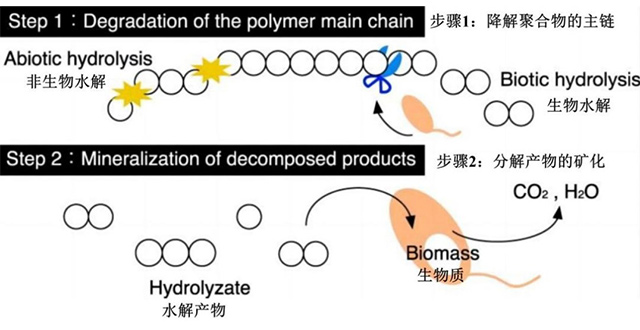
Two steps in the degradation of PHA
PHA’s Green Return to Nature
In Soil: PHA primarily degrades in soil through the action of bacteria, fungi, and other microbes. Warm and moist conditions (20-40°C) accelerate this process, typically completing within a few months to a year. The material ultimately breaks down into carbon dioxide and water, leaving no trace.
In Water: In aquatic environments, similar microbial activity facilitates the breakdown of PHA into small molecules, which are eventually converted into carbon dioxide and water. Under optimal conditions, this process is expedited, with PHA degrading within months.
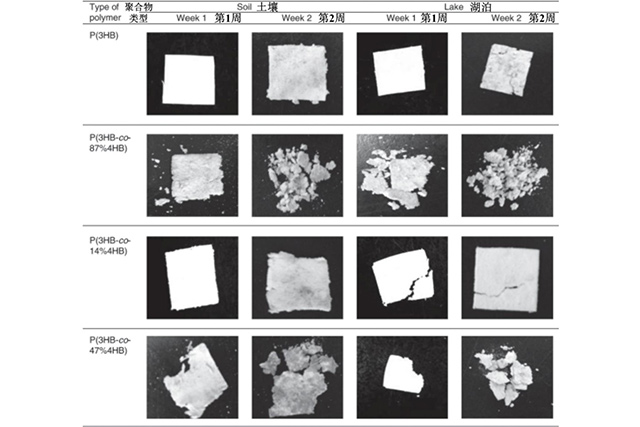
Degradation processes of PHA materials in soil and water
Composting PHA on an Eco-Friendly Journey
In composting environments, warm temperatures and adequate moisture levels boost microbial activity, speeding up the breakdown of PHA. Industrial composting utilizes advanced techniques to accelerate this process. By contrast, home composting typically operates on a smaller scale, relying more on natural decomposition. In both cases, PHA quickly converts into nutrient-rich organic fertilizer, supporting sustainable home gardening.
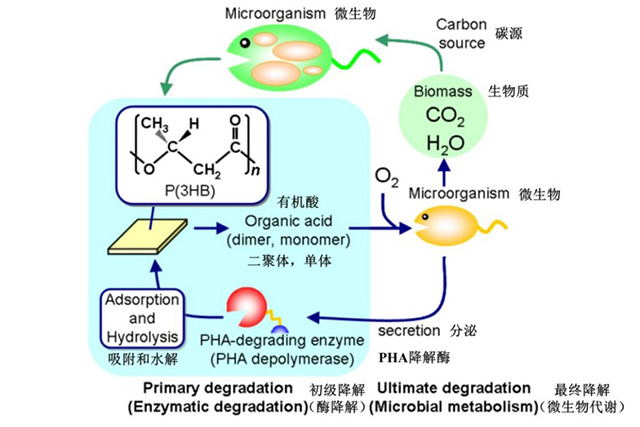
Flow chart of PHA degradation
Angel Yeast Pioneers Green Solutions
Angel Yeast has joined forces with Beijing PhaBuilder Biotechnology Co., Ltd. to establish Hubei Phangel Biotechnology Co., Ltd., driving the industrialization of PHA biodegradable materials. By leveraging its expertise in bio-fermentation and combining it with PhaBuilder’s synthetic biology advancements, the company aims to enhance PHA production efficiency, reduce costs, and accelerate its adoption in environmental protection.
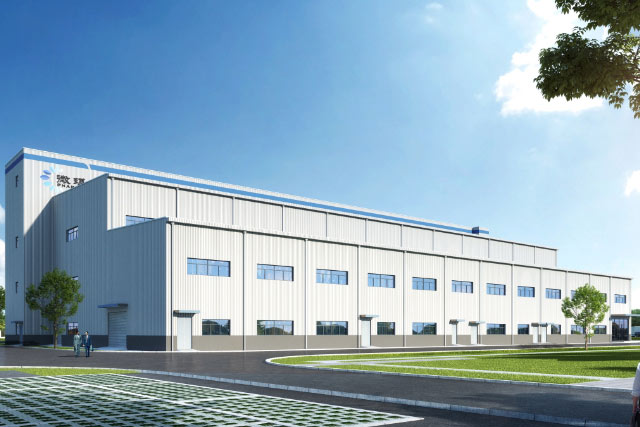
The PHA project is moving forward swiftly, aiming to top out in September and begin its annual 10,000-ton production by February next year. This collaboration underscores Angel Yeast’s commitment to pioneering sustainable materials and advancing environmental innovation.
About Phangel Biotech:
Phangel Biotechnology, backed by Angel Yeast's advanced biotechnology and PhaBuilder's innovative R&D, focuses on developing and commercializing new bio-based materials. We specialize in producing biodegradable PHA (polyhydroxyalkanoates) and engage in projects involving bio-fermentation and smart manufacturing. Our mission is to provide sustainable bio-material solutions to customers worldwide.
About Angel Yeast:
Angel Yeast Company is a high-tech listed company specializing in yeast and biotech. Product business covers Yeast and Baking, Yeast Extract-Savoury, Nutrition & Health and Biotechnology fields. It is one of the world's leading companies in the yeast industry. Angel has 12 holding subsidiaries and provides products and services for more than 160 countries and regions.
Press contact:
Hubei Phangel Biotechnology Co., Ltd.
No. 168 Ma'an Road, Xiaoting District, Yichang City, Hubei Province, China
Hu Wei
Tel: +86-18671718660
Email: huwei@phabuilder.com
